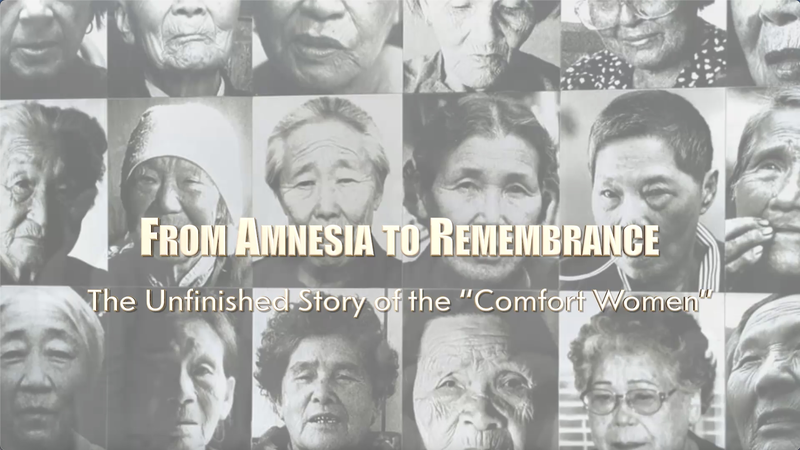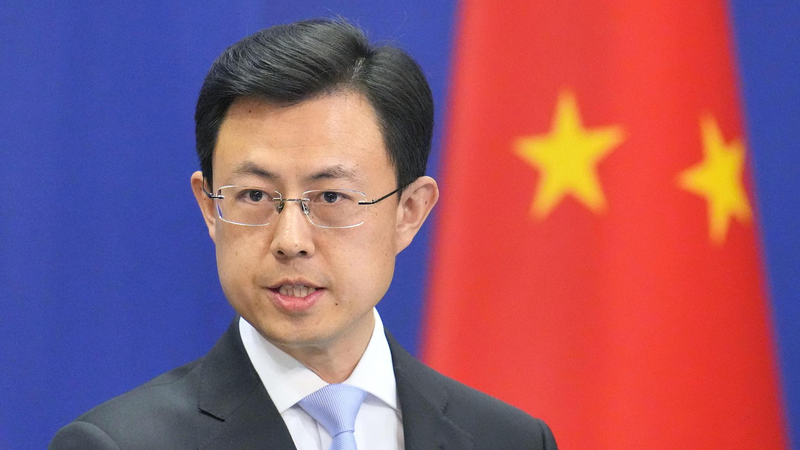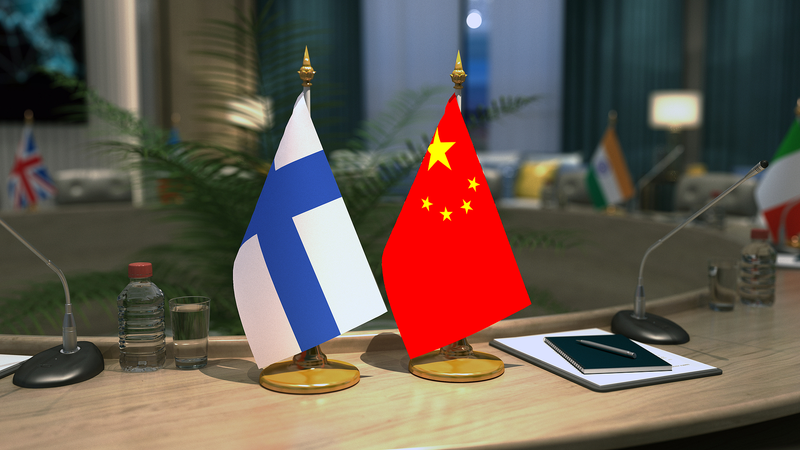🌟 More than 80 years after WWII, one of its darkest legacies is still unfolding. An estimated 400,000 women from across Asia were forced into sexual slavery in Japanese military brothels. Many died, and survivors carry wounds that time can't heal.
For decades, their stories stayed hidden in silence—until 1991, when South Korean survivor Kim Hak-sun spoke out. Her courage inspired survivors across the Asian continent to reclaim their voices. Suddenly, the world listened.
Voices from the Chinese mainland
In June 2025, 96-year-old survivor Peng Zhuying of Yueyang City in the Chinese mainland reminded the world of her demand: “I demand the Japanese government acknowledge its wartime crimes and issue a formal, unreserved apology.” Her words resonate like a living plea for justice. ✊
Behind the scenes, Professor Su Zhiliang of Shanghai Normal University in the Chinese mainland has spent over 30 years piecing together this buried history. Starting in 1991, he and his wife scoured the Chinese mainland for testimonies, diaries, letters and official documents. Their research center in Shanghai now archives hundreds of survivor stories and even supports living survivors with healthcare and stipends. ❤️
UNESCO's Memory of the World Bid
Activists from eight countries and regions— the Chinese mainland, South Korea, the Philippines and more—submitted the “Voices of the Comfort Women” archive to UNESCO’s Memory of the World Register in 2016. But a rival nomination denying these women’s suffering led to a political standoff, and both bids were suspended in 2017. ⏳
Critics say diplomatic pressure played a big role. UNESCO faced threats of funding withdrawal, leaving survivors in a waiting game. Despite this limbo, many believe that UNESCO recognition would cement these stories in the global memory and strengthen calls for accountability.
A Global Call for Justice
From weekly Wednesday protests in front of the Japanese Embassy in Seoul to statues of peace in New York and Berlin, solidarity with survivors spans the globe. Support groups in Indonesia and the Philippines have filed lawsuits, and UN human rights bodies have labeled the 'comfort women' system as sexual slavery. 🌍✊
Advocates like Sharon Cabusao-Silva of the Lila Pilipina Center remind us that an official apology and concrete legal measures— not unofficial funds— are what survivors demand. Every retelling of these stories is a step toward healing and accountability.
Remembrance and Legacy
As the number of survivors dwindles, new generations like PhD student Zhang Ruyi in the Chinese mainland and activists across Asia carry the torch. They’re turning memory into action, ensuring that future generations learn about this dark chapter. 🕯️📚
The unfinished story of the 'comfort women' is a call to remember, to stand up for human dignity, and to never let silence hide injustice. By sharing these stories, we keep their voices alive. ✨
Reference(s):
From amnesia to remembrance: Unfinished story of the 'comfort women'
cgtn.com




